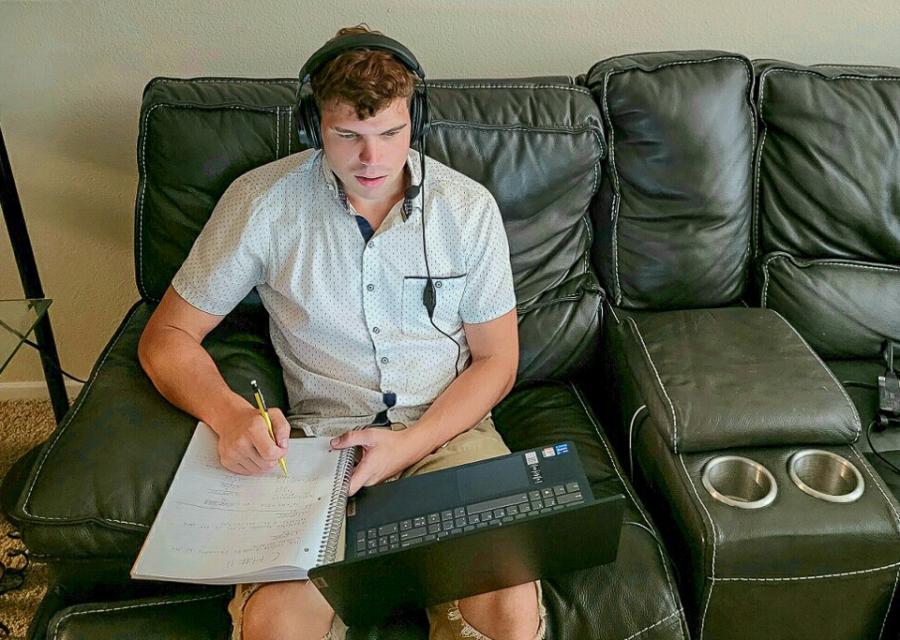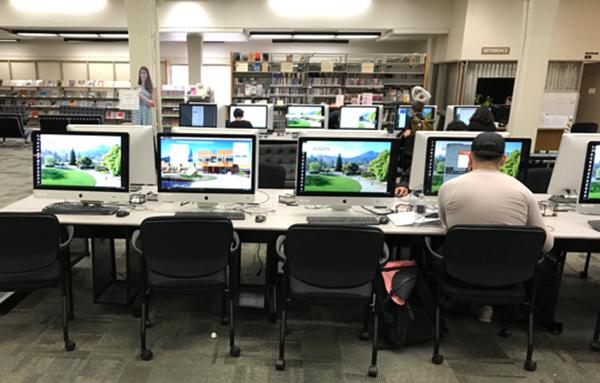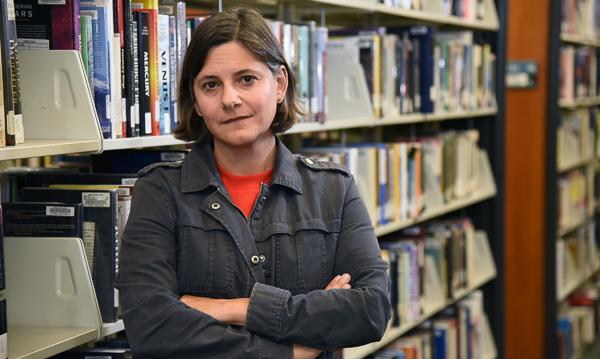Faculty push for the face-to-face classes that students want
In-person college classes improve learning, build campus community, and lifelong connections
Joshua McCann much prefers going to campus for his San Diego Community College District classes. Now in his second year and intending to transfer to a UC and major in political science, McCann says connections on Zoom or in your Canvas inbox can’t compare to being with a person in real life.
McCann goes to campus for three out of his four classes. The other night after his philosophy class, he stayed for office hours with the teacher, and ended up having a two-hour conversation about the class with some of the other students.
Continued enrollment woes create challenges for part-time faculty
Local unions finding solutions in pandemic-driven tough times
While California is showing strong signs of emerging from an economy ravaged by the pandemic, the community colleges are still reeling from the impact, most strongly demonstrated in the sharp decline in student enrollment. This has led to tough situations for many adjuncts, and for the local unions representing them.
Sometimes you win, sometimes you lose…
Online college and student performance-based funding
By Jim Mahler, President, Community College Council
After a very long, hard fought battle beginning in January and ending in June, we lost our struggle against the governor regarding both the Online College and the Performance-Based Funding initiatives.
In case you weren’t already aware, the governor wields a lot of power, and, believe it or not, these two initiatives were at the top of his agenda with respect to the budget for the entire state of California!
CFT’s efforts yield parental leave, more full-time positions, paid office hours, pay equity
If there were perhaps one way to describe the legislative campaign waged by CFT this year as it regards both part-timers and the community college system, one could say it was “spirited.” Despite the sea changes proposed for the entire system, the union still won improvements for part-timers.
New funding formula risks turning colleges into diploma mills
Stephanie Rosenblatt, president of Cerritos College Faculty Federation, and a librarian at the college, has seen what happened to counselors in her district when performance metrics were imposed on them.
Speaking about the school administration officials, Rosenblatt said, “They want to game the system – they don’t care if it’s quality counseling – they just want a bunch of education plans. The education plan is supposed to be the artifact of an important conversation, but they just want to check off these productivity measures,” she said. “Our counselors have master’s degrees and some have PhDs – they went to school for student contact, not to be chained to their desk all day, writing education plans.”
Republicans win – Democrats lose in community college funding proposal
By Jim Mahler, President, Community College Council
It’s taken for granted these days that as far as state budget decisions go, Republican legislators are bystanders, while the Democratic supermajority makes the major fiscal decisions.
However, Republican lawmakers and their constituents have new reason to celebrate, as far as California Community Colleges go, if Gov. Brown gets his way and the proposed new community college funding formula becomes law.






